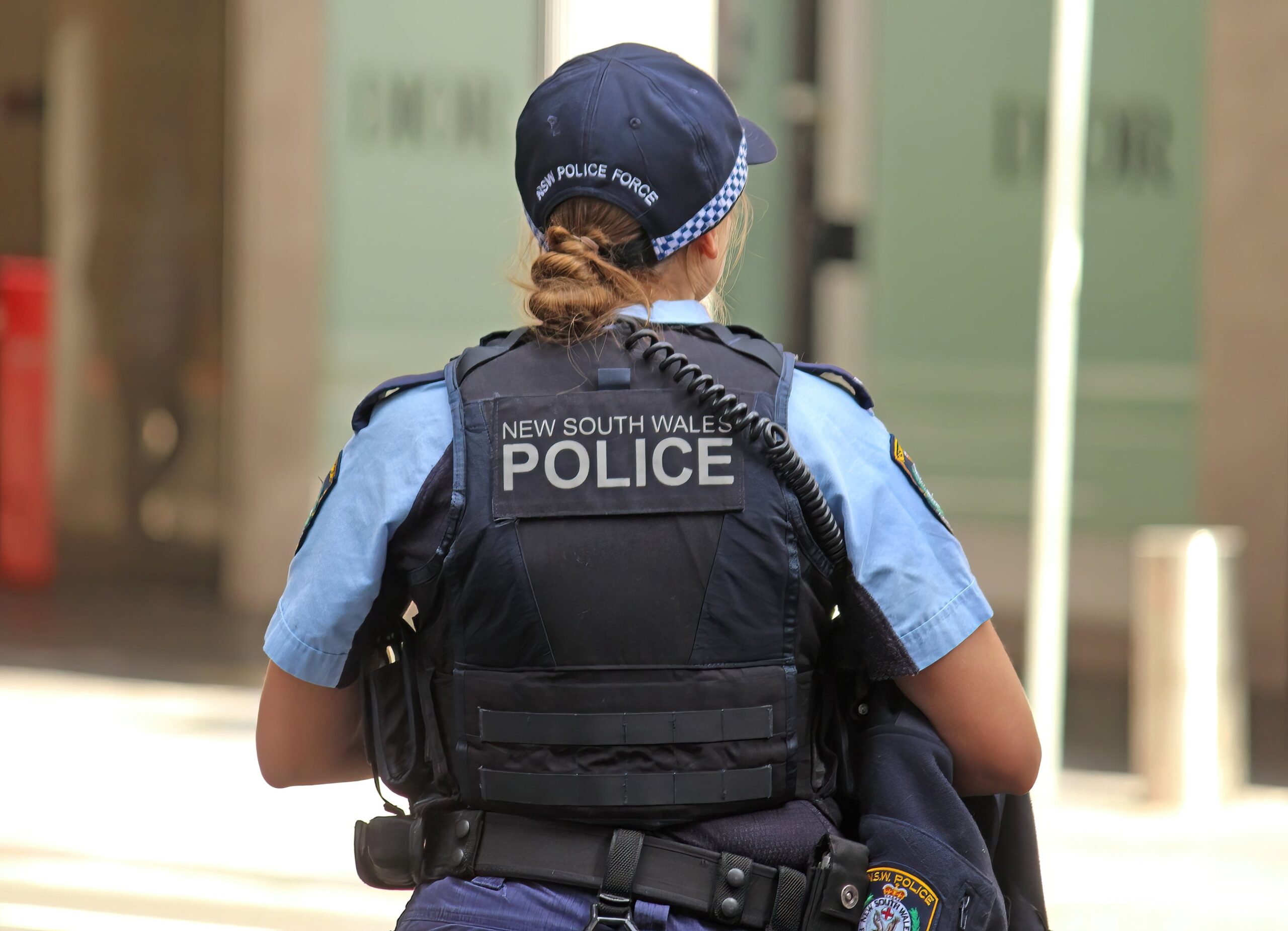Share This Article
ArrayIt has been revealed that New South Wales police officers have been interviewing young persons in custody in a manner which infringes their right to silence.
A report by the Law Enforcement Conduct Commission (‘LECC’) has found systematic issues within police interviewing young persons after their lawyers told police they did not wish to be interviewed.
The report stemmed from ‘Operation Mantus’ which investigated a complaint made by a lawyer of a 14-year-old Aboriginal boy in Northern NSW.
In this case, the police interviewed the boy, despite a lawyer from the Aboriginal Legal Service (‘ALS’) informing the custody manager that the boy did not want to be interviewed.
The investigation also considered complaints made by the Office of the Director of Public Prosecutions about the interviewing practices of NSW police, which highlighted numerous like cases.
“This is a systemic problem, and it is the responsibility of the NSW Police Force to give clear and accessible guidance to officers about how to properly approach the interviewing of vulnerable people in custody.
“The system where telephone advice is given to young persons by the Aboriginal Legal Service or Legal Aid is of fundamental importance to the criminal justice system in this State. The fair and proper operation of that system relies upon police officers acting properly when the right to silence is exercised” said Chief Commissioner of the LECC, Peter Johnson SC.
Improper practices discovered by the Commission included the police asking a vulnerable person to ‘confirm’ in an electronically recorded interview that they had exercised their right to silence. Once the accused person was in the interview room, they would then proceed to ask further questions about the alleged offence.
They also included custody managers (i.e., the police officer in control of the care of those detained at a police station) not making a record when a vulnerable person’s lawyer told police their client wanted to exercise their right to silence.
Specifically, regarding young people, the Commission heard evidence about other practices including improperly suggesting to young people they could not get bail unless they are interviewed and ‘informally’ questioning young people on body worn video or other recording devices.
The Commission noted that: “while in most cases police adhere to the law and appropriately manage a person’s choice to exercise their right to silence, we saw that these problematic practices took place across the state over many years.”
It made various recommendations seeking to improve police interviewing, training for custody managers, the use of body worn video and further guidance for officers.
In relation to interviewing, it found that young persons should not be asked to confirm that they wish to exercise their right to silence in an interview, and that custody managers must make a record in the custody management record when a young person declines to be interviewed either directly or through the lawyer.
In NSW, ‘vulnerable persons’ are provided with greater protections when dealing with police, as outlined in Division 3 of the Law Enforcement (Powers and Responsibilities) Regulation 2016 (NSW).
This includes children, as well as people who have impaired intellectual functioning or physical functioning, Aboriginal persons, or Torres Strait Islanders and those of a non-English speaking background.
With respect to children, this helps provide greater protections due to how their psychological and emotional development is generally less mature than adults which can increase their propensity to falsely confess.
It is prescribed that the custody manager must, as far as practicable, assist vulnerable persons in exercising their rights, including any right to make a telephone call to a legal practitioner, support person or other person.
Vulnerable persons are entitled to have a support person present during any investigative procedure in which they participate, such as an interview.
The custody manager must defer any such investigative procedure for a reasonable period until a support person is present unless the vulnerable person has expressly waived their right to have one present.
However, a child cannot waive their entitlement to have a support person present during an investigative procedure.
When the police bring an arrested person into custody, they must be told that they do not have to say or do anything but that anything the person does say or do may be used in evidence.
This will also involve the custody manager giving them a summary of the law in relation to investigation and questioning by police. This process is called ‘cautioning’.
Section 139 of the Evidence Act 1995 (NSW) prescribes that a statement may be deemed as obtained improperly if before starting the questioning the officer did not caution the person that they do not have to say or do anything but that anything they do say or do may be used in evidence.
Therefore, the statement may be deemed inadmissible and excluded from being used against the person.
Where a vulnerable person is given a caution, the custody manager or other officer giving the caution must take appropriate steps to ensure that they understand the caution.
If the vulnerable person is given a caution in the absence of a support person, the caution must be given again in the presence of a support person, if one attends during the person’s detention.
If the person cannot speak English with reasonable fluency the caution must be given in, or translated into, a language which they understand.
Image credit: Rose Marinelli
Book a Lawyer Online
Make a booking to arrange a free consult today.
Call For Free Consultation
Call Now to Speak To a Criminal Defence Lawyer
Over 40 Years Combined Experience
Proven SuccessAustralia-Wide
Experienced LawyerGuarantee
 (02) 8606 2218
(02) 8606 2218
 (02) 8606 2218
(02) 8606 2218












